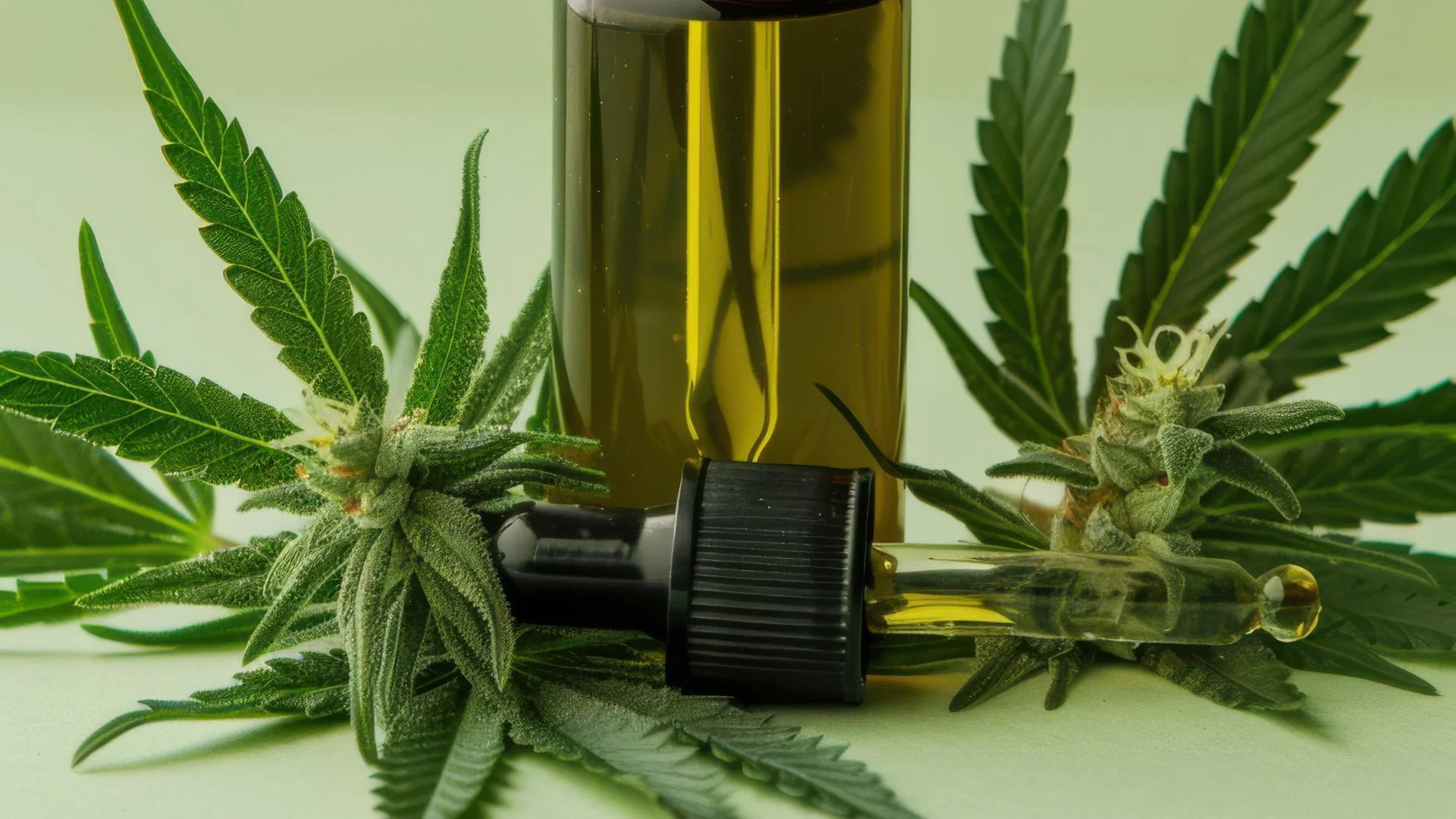

The ongoing conversation over the legalization of medical marijuana and recreational marijuana has gained momentum. One of the most important aspects of this conversation covers the two primary cannabinoids found in cannabis: tetrahydrocannabinol (THC) and cannabidiol (CBD). Understanding the difference between THC and CBD is crucial for both employees and employers in navigating what’s legal, and potential side effects. Read ahead to discover.
A plant called cannabis produces a variety of compounds, cannabinoids. These compounds mimic the action of drugs. THC and CBD are found abundantly in cannabis products i.e., marijuana and hemp.
THC, or delta-9-tetrahydrocannabinol, is the primary psychoactive compound in cannabis. It is responsible for the euphoric "high". THC binds to cannabinoid receptors in the brain and central nervous system, leading to various effects on cognition, mood, and perception. THC is extracted from marijuana. Marijuana contains high concentrations of THC usually ranging from a few percent to 20%.
Whereas CBD aka cannabidiol is a non-psychoactive substance and has gained popularity due to its potential therapeutic properties. CBD is primarily extracted from the hemp plant which contains THC levels below 0.3%.
CBD and THC can both have side effects, although they differ in their nature and severity. Common side effects of CBD include dry mouth, drowsiness, and changes in appetite. THC, on the other hand, may cause anxiety, paranoia, and impaired cognitive function, particularly at higher doses.
Research shows that medical marijuana can help in treating chronic pain, glaucoma, Parkinson’s disease, post-traumatic stress disorder (PTSD), and anxiety disorders.
There comes the frequently asked question Is CBD legal? Is THC legal?
The legal status of CBD and THC varies across different jurisdictions. In many places, CBD products extracted from hemp with less than 0.3% THC are legal, while THC products are subject to more stringent regulations and are restricted to medical use in some states or entirely prohibited due to their psychoactive nature.
CBD and THC offer distinct properties and effects. CBD is non-psychoactive and often used for potential therapeutic benefits, while THC is known for its psychoactive effects. The legal status varies with local and state laws, with CBD often more accessible. Both compounds have potential side effects, and responsible use is essential.
Despite medical marijuana being legal in states, employers have the right to craft their drug-free policy and therefore the use of CBD and THC should be kept under consideration.
Maintaining a drug-free workplace is a safe option for the working environment and the employees as well. We understand its importance and provide our services to help you out with this!
Whether it is about changing laws surrounding CBD and THC or other illicit drugs, goMDnow got you covered while assisting you with setting a drug-free policy and DOT/non-DOT drug testing services.
Top Six Misconceptions about THC Drug Testing